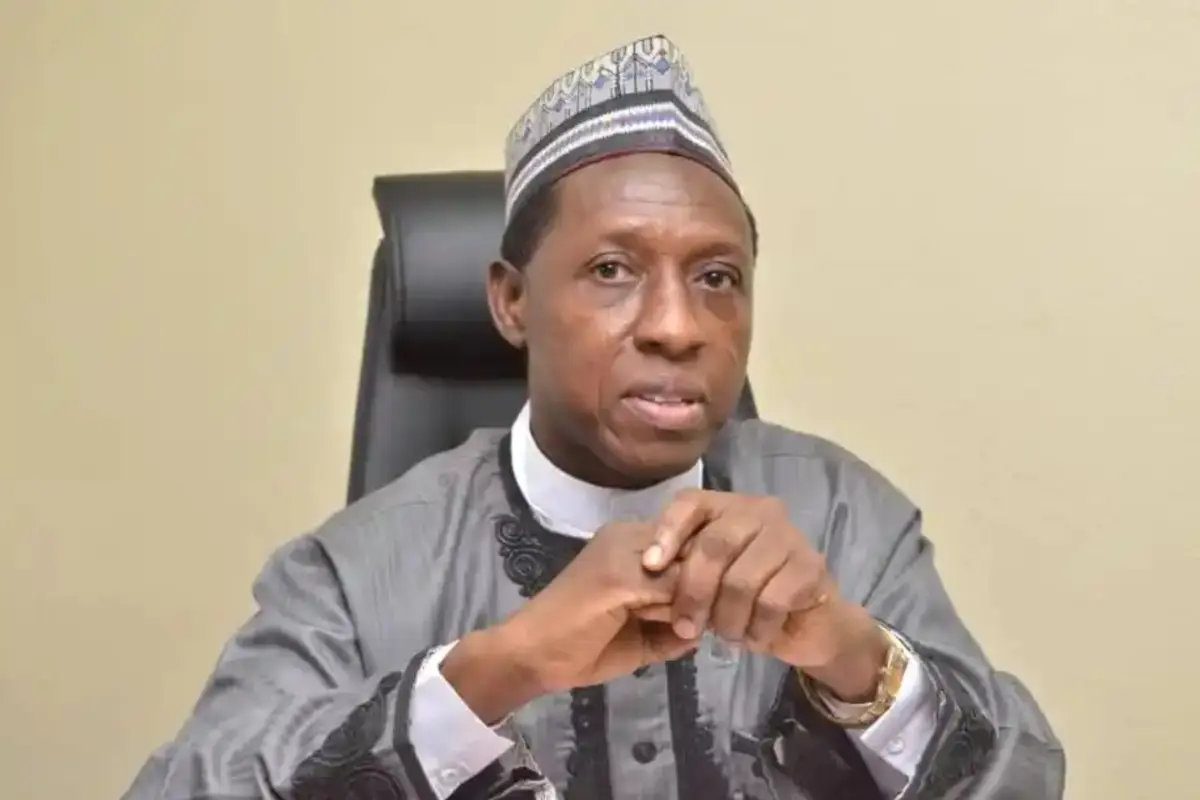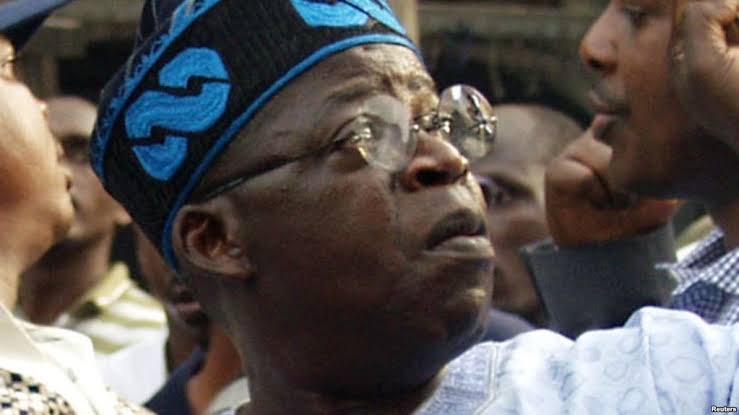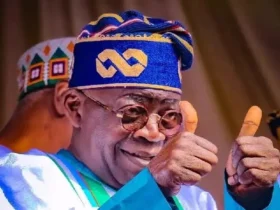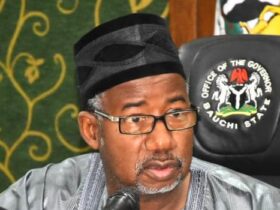“How can auditors who are supposed to examine the books of an agency are catered for by the agencies they audit.”
Anti-corruption advocates have criticized the Nigerian government for policies and practices that they claim undermine the country’s anti-corruption efforts.
According to Professor Tawfic Ladam, Director General of the Nigerian Institute of Advanced Legal Studies, the government’s approach has deliberately weakened anti-corruption institutions such as the code of conduct bureau and tribunal, as well as the auditor general’s office.

At a post-International Anti-Corruption Conference (IACC) event hosted by the Center for Fiscal Transparency and Integrity Watch (CeFTIW), Prof. Ladam highlighted that inadequate financial backing and operational support have compromised these institutions’ effectiveness.
He emphasised the need for improved independence and capacity for these bodies to combat corruption effectively.
He stated, ‘‘The institutions are being undermined by policies that allow graft to infiltrate. Imagine a situation where auditors who are supposed to examine the books of an agency are catered for by the agencies they audit. What do you think will be the result of the audit? You cannot send auditors to MDAs for auditing without giving them the financial backing to do their job, such that they can protect themselves against any undue influence from the MDAs.
He also tasked the government to improve the capacity of citizens to participate in governance as provided for in section 14, subsection 2, paragraph C of the constitution of the Federal Republic of Nigeria.
‘‘what government needs to do is to ensure that the law is translated into actual practice for the fight against corruption. Citizens’ participation in governance is another way of checking corruption. It is the collective responsibility of all citizens to partake in the fight against corruption,” he added.
Moreover, Umar Yakubu, Executive Director at CeFTIW, echoed these concerns, pointing out that Nigeria’s challenge lies not in the absence of anti-corruption laws but in their implementation.
He advocated for increased citizen involvement in monitoring government projects as a way to enhance accountability and effectiveness in fighting corruption.
He stated, ‘‘What we have done as CSOs is to develop a mechanism for monitoring the implementation of all the anti-corruption instruments and anti-graft commitments in the country to ensure that the government is implementing all its policies.
READ ALSO: Abuja Industrial Park to Create 40,000 Jobs and Boost Nigeria’s Economy — Wike
Yakubu also advocated citizens’ involvement in monitoring projects to curb corruption, saying the West only performs better than Africa because of the high citizen engagement, where they demand accountability.
‘‘When citizens demand accountability, the government, whether executive, judiciary or legislature, becomes more responsible. Citizens trigger government responsibility.’’
Additionally, Nkemdilim Okereke, an IACC conference cohort member, stressed the importance of thorough vetting of political candidates to ensure their integrity before elections. She suggested using verifiable information to prevent corrupt individuals from assuming public office.
She explained that ”due to propaganda, verifiable information about candidates must be used to weed out unqualified or corrupt candidates from holding public offices”.
The conference also discussed leveraging human rights tools and eliminating corruption in national resource management as potential strategies for combating graft in Nigeria.
Follow the Parallel Facts channel on WhatsApp: https://whatsapp.com/channel/0029VaCQSAoHgZWiDjR3Kn2E









Leave a Reply